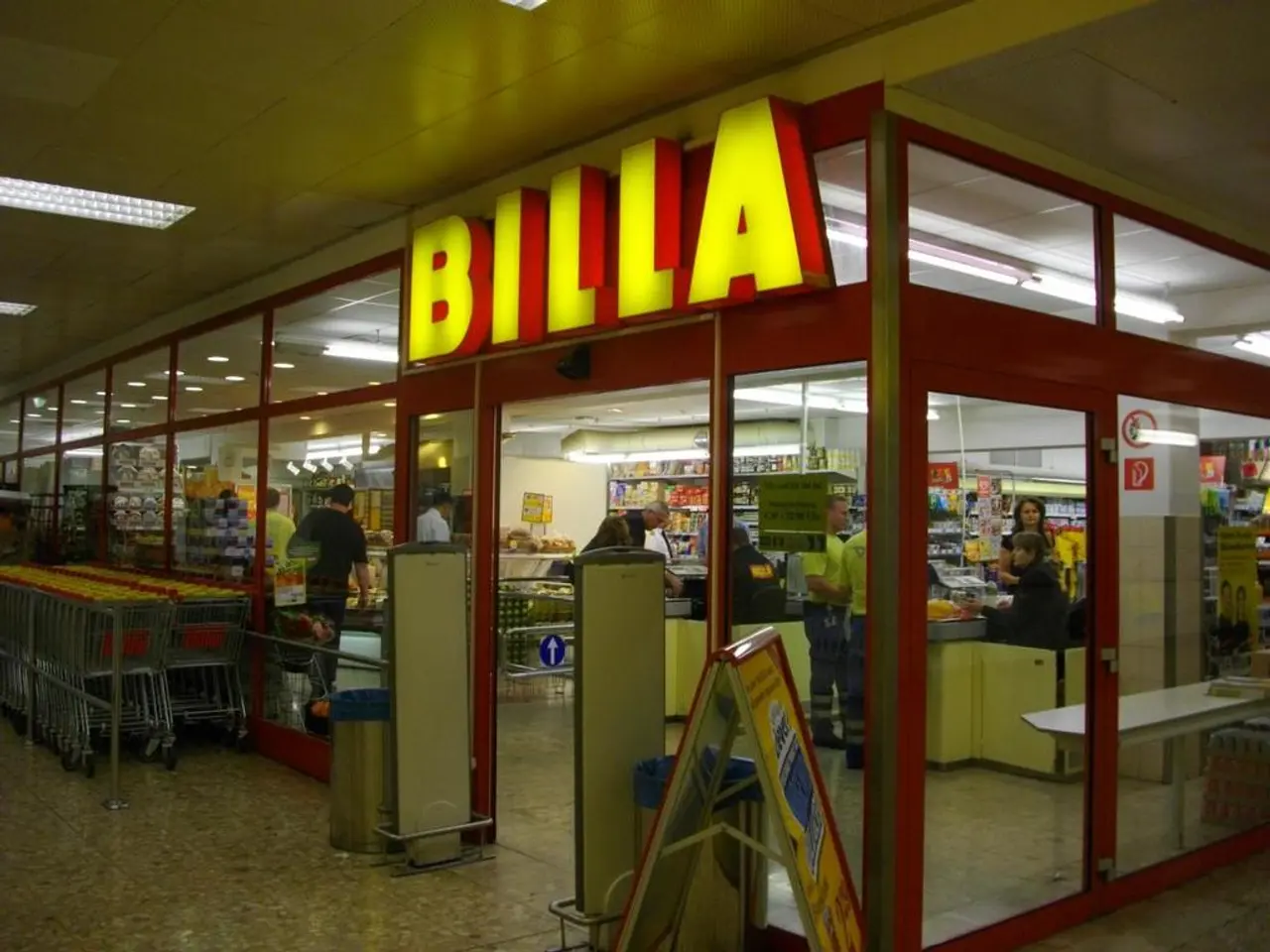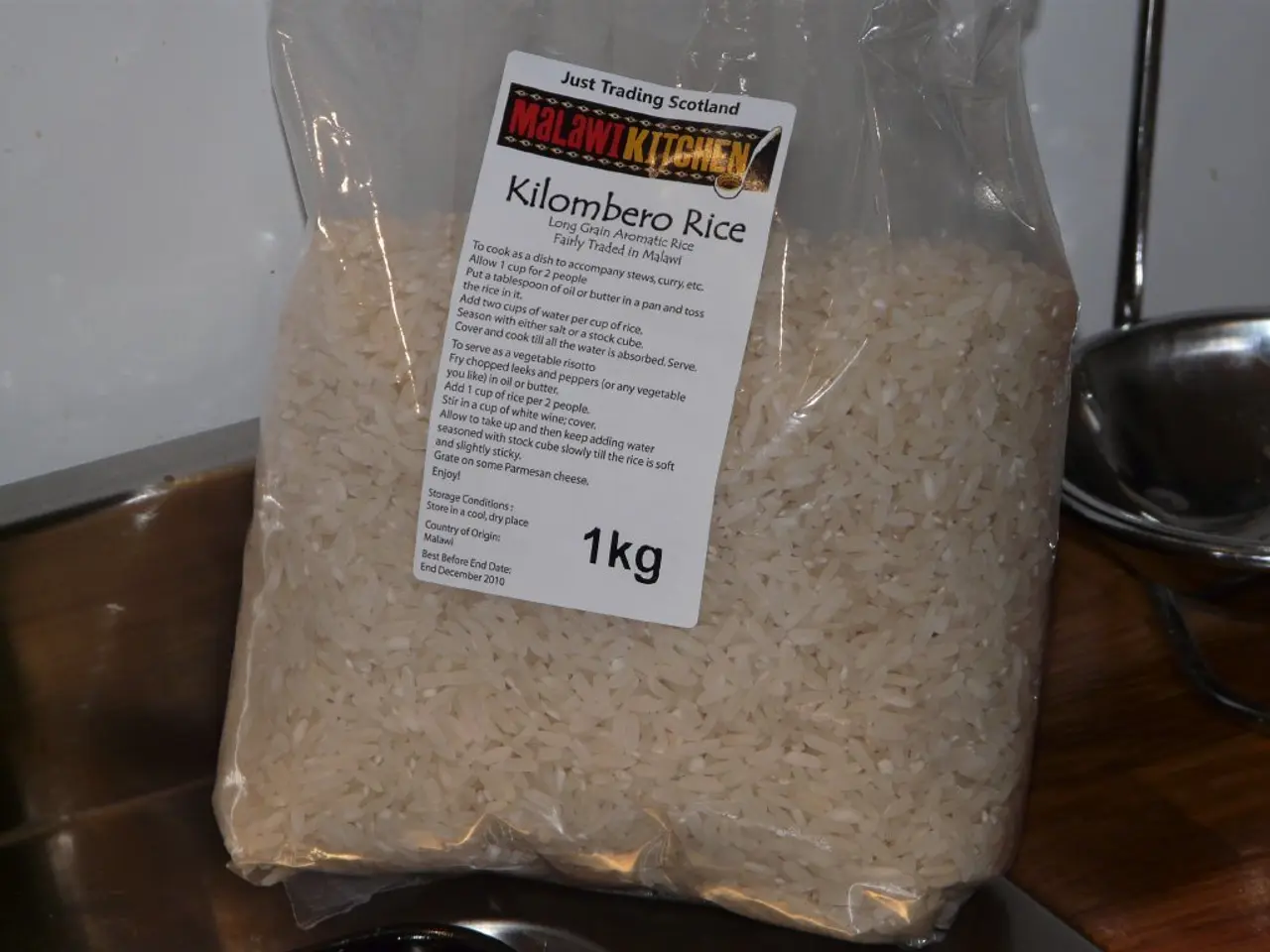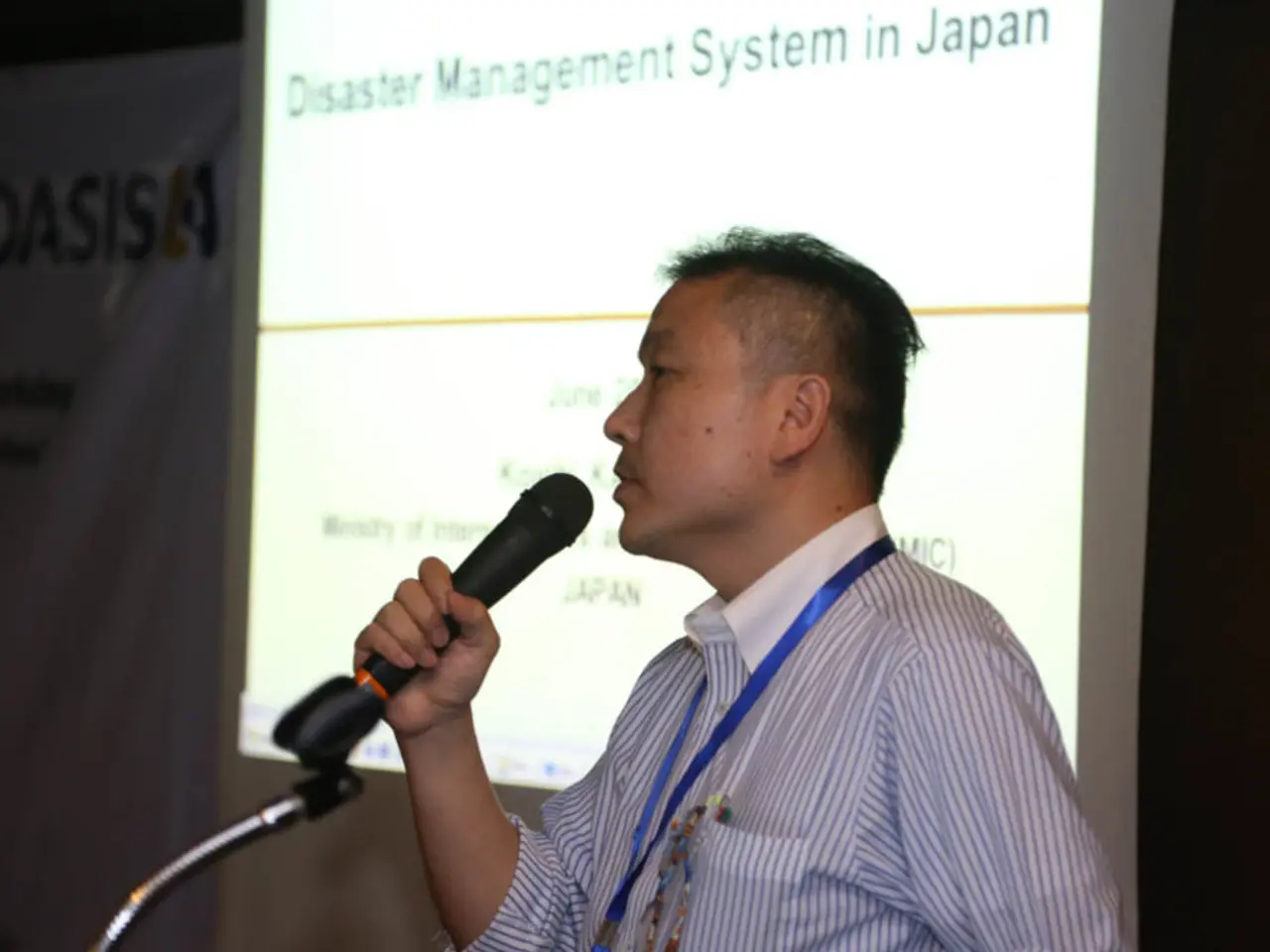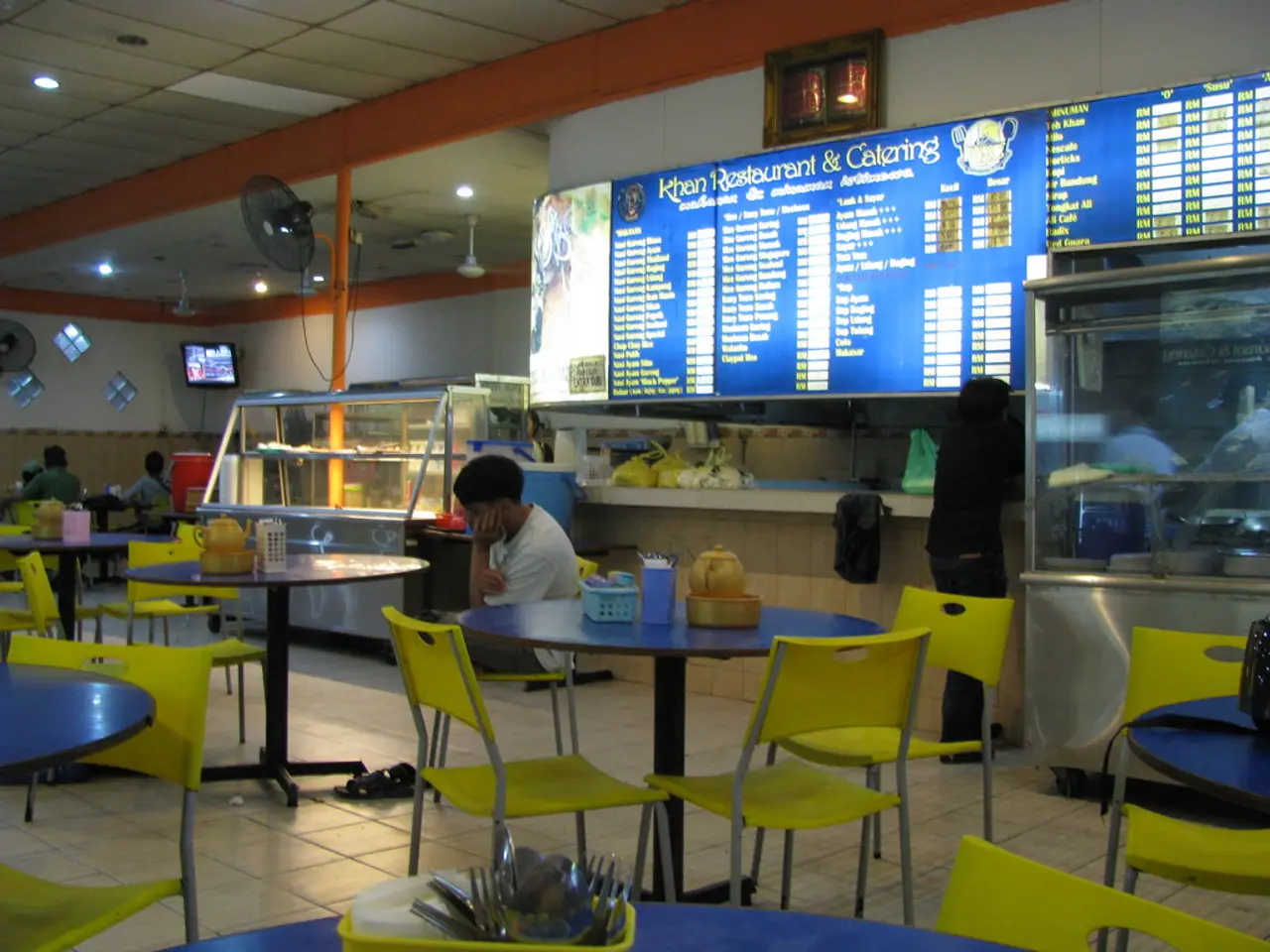Abundant food supply at Yakutsk's wholesale markets, enough to last six months
In the Siberian city of Yakutsk, a unique situation has arisen during the ongoing coronavirus pandemic. Journalist Syzanna Rojina, reporting on her Instagram page, has highlighted the surge in demand for essential goods, including food, pharmaceuticals, masks, antiseptics, antiviral drugs, and chlorine.
This demand is not solely due to genuine shortages but rather a result of panic buying triggered by fear and anxiety. The close and tense environment in Yakutsk, combined with the city's harsh climate and relative remoteness, has led to a heightened sense of concern about access to essential goods.
Entrepreneurs in Yakutsk have been preparing for this eventuality for years. It is a common practice for them to stockpile supplies before the end of winter roads, a strategy that ensures they can continue operating during the harsh Siberian winter. However, the current pandemic has amplified this behaviour, leading to a more aggressive approach to stockpiling.
Recognising the situation, the Business Ombudswoman Albina Kychkina inspected the wholesale bases in Yakutsk. She found that, despite the high demand, there are supplies for the next six months at the bases. To further support businesses, an operational headquarters and a hotline have been set up to help small and medium-sized enterprises navigate the challenges posed by the pandemic.
One positive note is that the mask shortage issue will be resolved within a week as China restores its production capacity. This should help alleviate some of the pressure on the market and reduce the fear of shortages.
However, addressing the artificial inflation of demand requires more than just managing supply chains. Clear communication from authorities, aimed at reducing public anxiety, is crucial. By providing accurate and timely information, authorities can help counteract the panic that drives such demand surges.
In conclusion, the panic buying in Yakutsk reflects psychological and social reactions to the pandemic rather than actual shortages or rational necessity. It is a global phenomenon observed during COVID-19, with the unique circumstances in Yakutsk serving to intensify these behaviours. By understanding these dynamics and taking proactive steps to address them, authorities can help ensure a steady supply of essential goods and maintain the well-being of the community.
- The heightened sense of concern about access to essential goods in Yakutsk has led to an increase in business activities, as entrepreneurs take advantage of the panic buying situation, stockpiling supplies such as food, masks, and antiseptics.
- The current surge in demand for essential goods in Yakutsk, although partially triggered by genuine shortages, can also be attributed to the lifestyle choices and buying habits of individuals, particularly in the areas of food-and-drink and shopping.
- In an attempt to combat the artificial inflation of demand amid the pandemic, authorities in Yakutsk are focusing on clear communication to reduce public anxiety, which, in turn, aims to counteract the panic that drives such demand surges in the finance sector, including business and wholesale markets.




